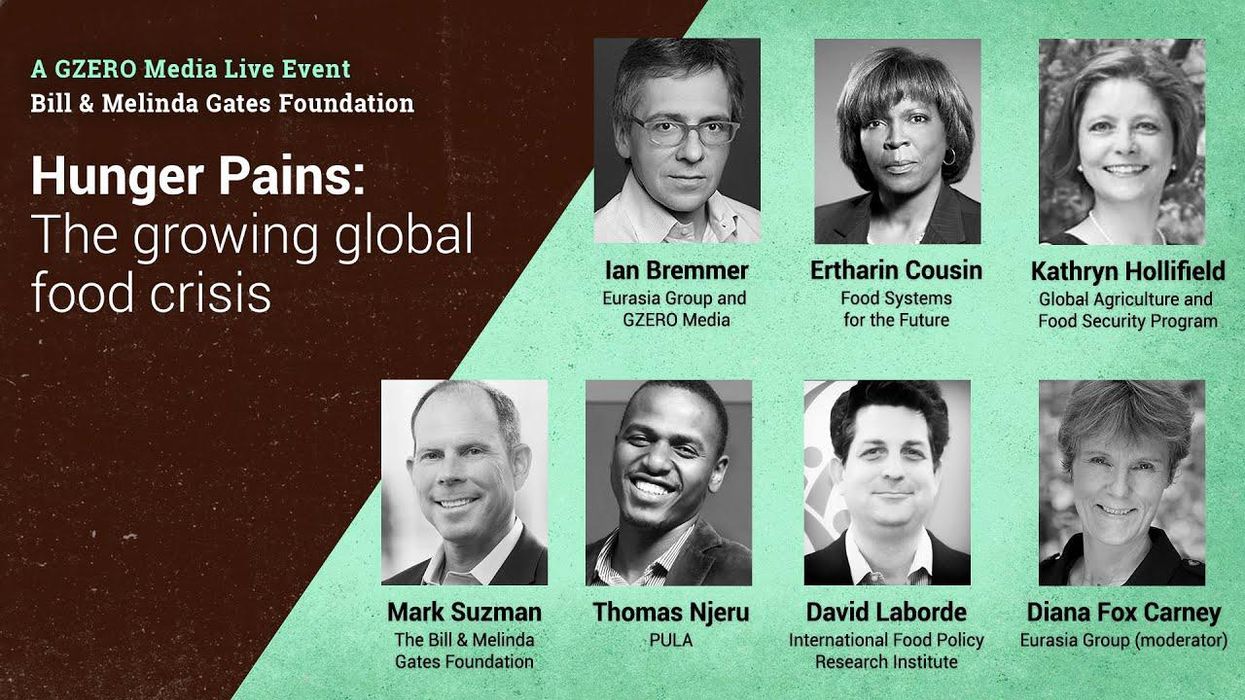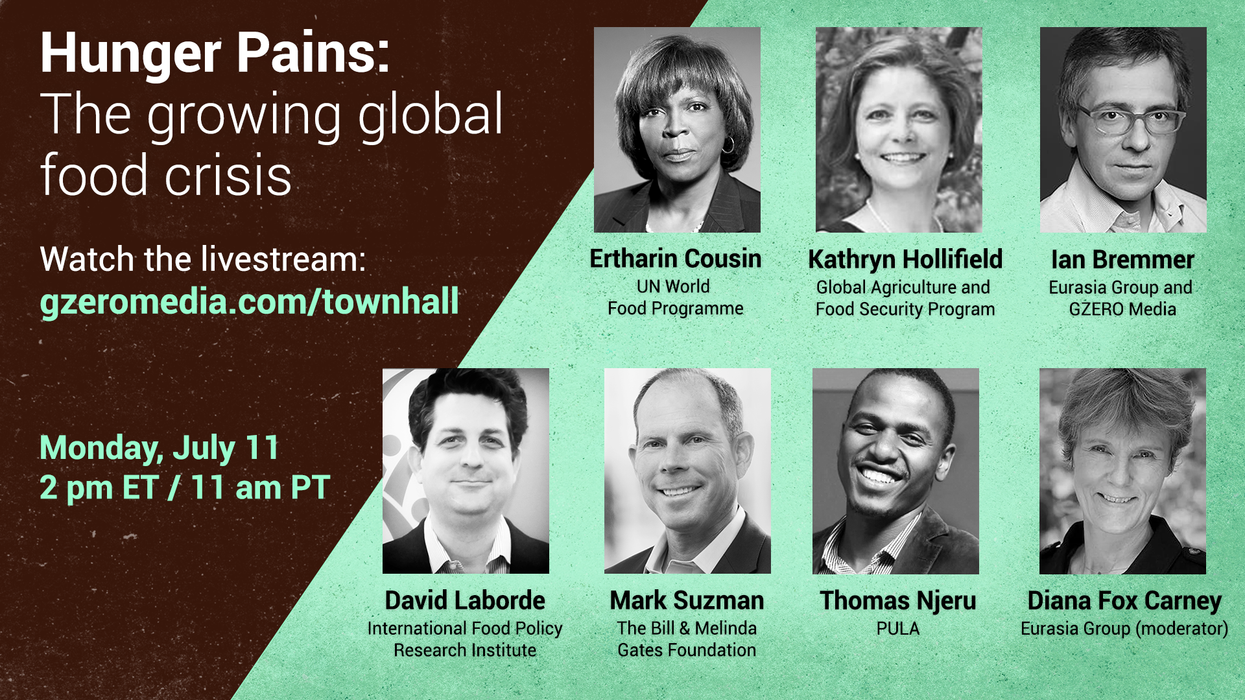Video
Why do the world's poorest pay more for the same food?
Smallholder farmers in developing countries currently produce about 30% of the world's food. But they are way less productive than large-scale farmers in the developed world. Thomas Njeru, who knows a thing or two about smallholder farming because he grew up on a small farm in his native Kenya before co-founding a micro-insurance firm for smallholders, says boosting the productivity of smallholders could up global food output by 30% — more than enough to cover the 10% deficit we now face.
Jul 13, 2022



